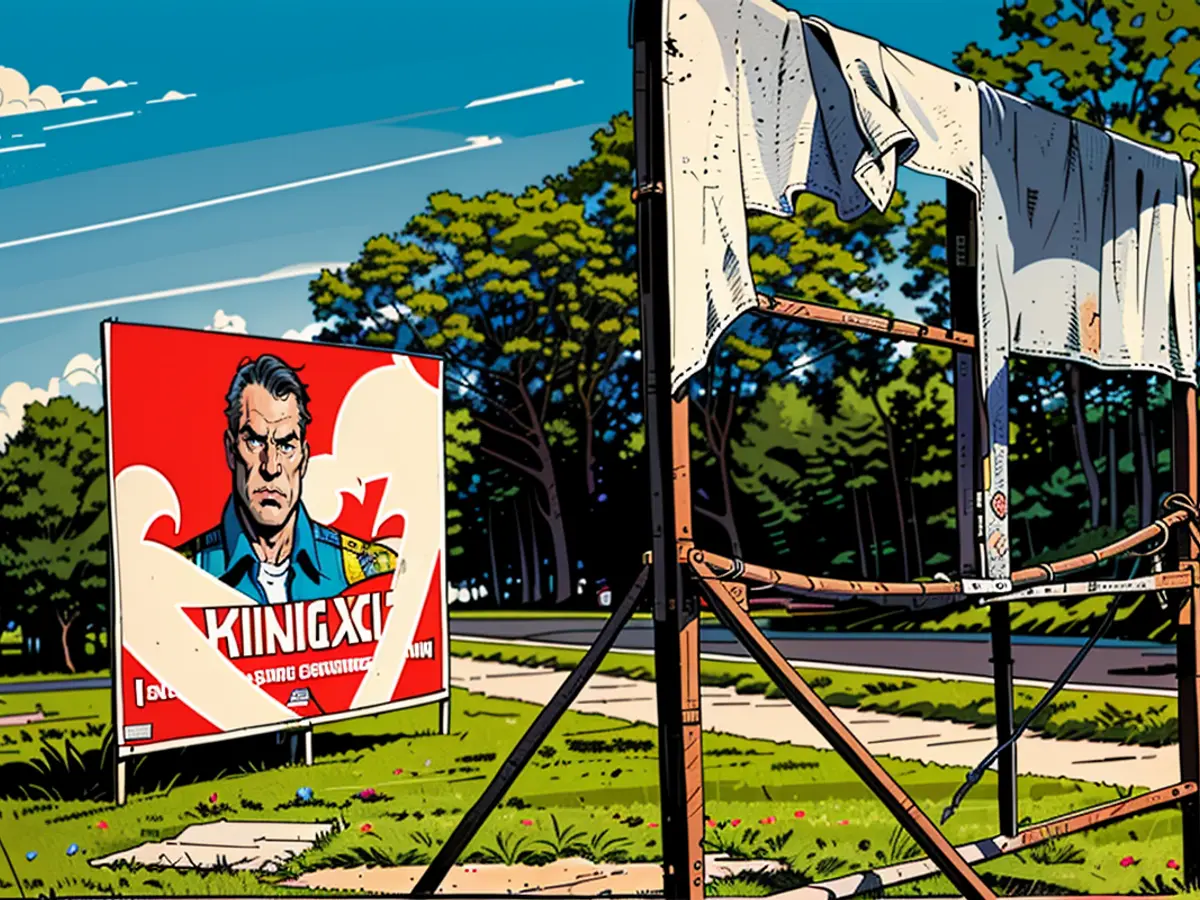European political figures express sympathy towards the struggling Social Democrats.
The future of the SPD, led by the Chancellor, in the upcoming elections in Thuringia and Saxony looks grim. The situation is so grim that even their political adversaries are worried. Beyond sympathy, the Social Democrats are also facing criticism from the Union.
In these state elections, the SPD might not make the five percent mark in both Thuringia and Saxony, hence not being a part of the two state parliaments. The future of the Social Democrats is so uncertain that their political rivals express concern. As Thorsten Frei, the parliamentary business manager of the CDU/CSU Bundestag faction, told the "Tagesspiegel", "It's not something we'd celebrate if the SPD missed out on the parliaments of Saxony and Thuringia." He further added, "The SPD played a crucial role as a people's party in maintaining the stability of our political system."
According to current polls, the SPD is projected at six or seven percent in both Thuringia and Saxony. In both states, the CDU and the AfD, deemed right-wing extremist by the constitutional protection, are in a close competition to become the dominant force.
Ruprecht Polenz, the former CDU general secretary, considers a potential failure of the SPD to meet the five percent mark "a complete disaster". "No true Christian Democrat can rejoice in that," Polenz told the "Tagesspiegel". Despite their differences, the SPD has played a significant role "for our nation". "We can't function without them," Polenz concluded.
Dennis Radtke, a CDU MEP, also echoed these sentiments. He does not take pleasure in the SPD falling below the five percent threshold. "That should never be the case for any democrat," Radtke stated to the "Tagesspiegel". He highlighted that while the CDU holds different political views than the SPD or the Greens, "we are all democrats working for the best for our nation." Radtke believes this differentiates the competition among these parties from the struggle against the AfD and BSW. "They envision a different nation." "If the SPD were to disappear from just one parliament, it would be a blow to the functioning of our democracy," Radtke concluded.
However, the SPD also faces criticism from its longtime coalition partner, the Union. Frei believes the SPD's decline is not an inevitable process. "The SPD no longer seems keen to fill the role of a people's party," Frei told the "Tagesspiegel". He adds this isn't a threat to democracy or more instability. "The democratic spectrum of the party landscape offers voters enough alternatives to the SPD."
In these criticisms from the Union, they specifically mention the SPD's potential failure to meet the five percent threshold in the CSU's home state of Bavaria, alongside Thuringia and Saxony. The Union's parliamentary business manager, Thorsten Frei, expressed concern, stating, "It's not something we'd celebrate if the SPD missed out on the parliaments of Saxony, Thuringia, and even Bavaria as a part of the CSU."








